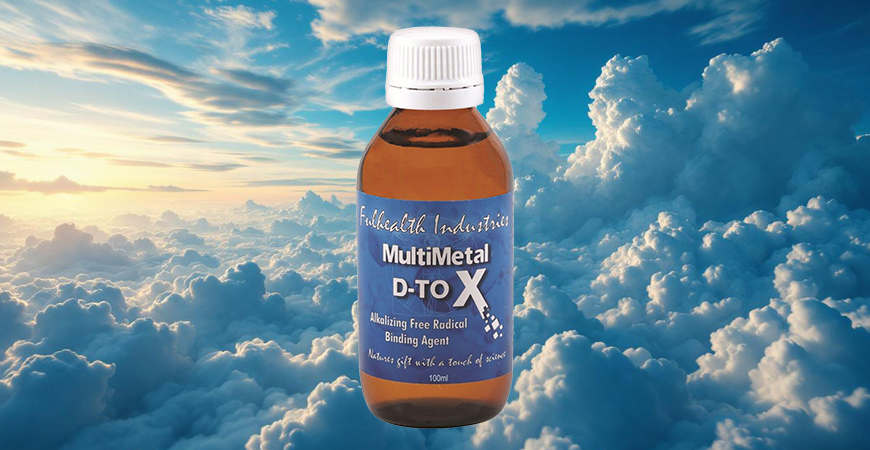Your Exposure to Copper & Zinc
Copper is widely distributed in rocks and soils as carbonate and sulfide minerals.
Copper is relatively resistant to corrosion and is used in domestic water supply pipes and fittings.
It is also used in the electro-plating and chemical industries, and in many household goods.
Copper sulfate is used extensively to control the growth of algae in water storage facilities.
Copper can be found in many kinds of food and in drinking water, because of that, we absorb eminent quantities of copper each day by eating, drinking and breathing.
Organic copper is necessary as a trace element that is essential for human health.
Long-term exposure to copper in the industry level can cause irritation of the nose, mouth and eyes and it causes headaches, stomach-aches, dizziness, vomiting and diarrhoea.
Intentionally high uptakes of copper may cause liver and kidney damage and even death.
Adverse Health Effects of Copper
- Insomnia;
- Depression;
- Hypotension;
- Acne;
- Heart disease;
- Pre-menstrual tension;
- Postpartum depression;
- Paranoid and hallucinatory schizophrenias
- Childhood hyperactivity and autism.
- Above 50mg/Kg body weight can be lethal.
Zinc exposure
Zinc is a very common substance and many foodstuffs contain certain concentrations of zinc.
Drinking water also contains certain amounts of zinc, which may be higher when it is stored in metal tanks.
Organic zinc is a trace element that is essential for human health.
People deficient in zinc absorption can experience a loss of appetite, decreased sense of taste and smell, slow wound healing, skin sores and even birth defects.
Adverse health effects of ionic Zinc
- Stomach cramps;
- Skin irritations;
- Vomiting, nausea, anaemia;
- Arteriosclerosis;
- Respiratory disorders
Related Articles
Your Exposure to Lead & Aluminum



